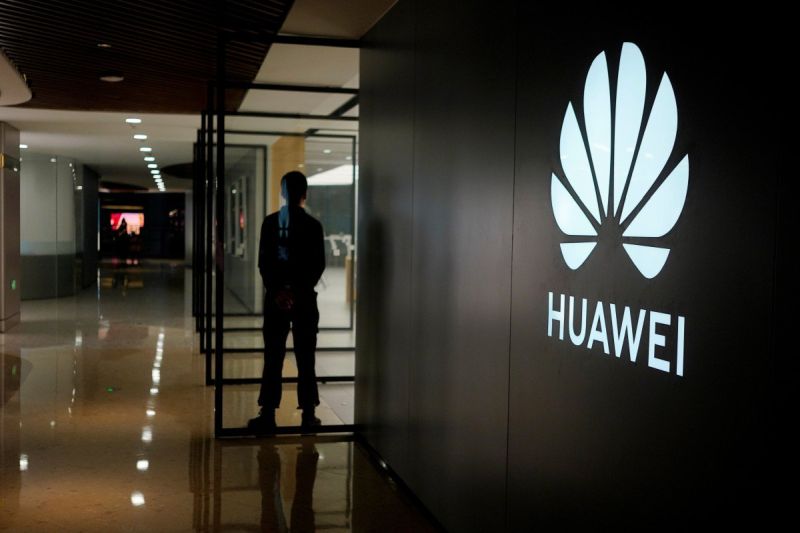Ever since the US government’s banhammer was brought down on Huawei, the Chinese brand has been embroiled in a tooth-and-nail war against that decision. Earlier today, the company took action yet again by filing a lawsuit against the US Federal Communications Commission (FCC) over what it calls an “unlawful order” to ban it from doing business in the country.
The lawsuit was filed in the US Court of Appeals for the Fifth Circuit. The lawsuit claims that the FCC had unlawfully and unanimously voted in November to ban both Huawei and ZTE equipment from being used in projects already paid for by the US commission’s Universal Service Fund (USF).
Adding on to that point, Huawei also says that the FCC commissioners and its chairman, Ajit Pai, failed to provide evidence that the Chinese brand was a security threat and “ignored the facts and objections raised by Huawei and rural carriers” when the FCC first entertained the idea back in 2018.

The FCC’s fear of Huawei being a national security threat isn’t completely unfounded. The Chinese telecommunications brand and its founder, Ren Zhengfei, are known to have extremely close ties to both the Chinese Communist government and the People’s Liberation Army. Further, Chinese laws also require it to fully adhere to its country’s intelligence services’ requests for data and information. and to keep said requests a secret from the world.
Huawei argues that the FCC ban is more likely to affect US citizens living in rural areas, as most of its telecommunications equipment were built in areas that major US vendors had considered too remote, had difficult terrain, or because the area just didn’t have a big enough population. To that end, Huawei argued that it was providing a service to those rural areas by “connecting schools, hospitals, farms, community colleges, and emergency services.”

At this point, it’s difficult to say if Huawei can win this lawsuit. As it stands, US courts typically give federal agencies like the FCC “a tremendous amount of deference”, but to be fair, it doesn’t mean that a victory is out of the company’s reach.
(Source: Techspot, Ars Technica, New York Times, TechCrunch)
Follow us on Instagram, Facebook, Twitter or Telegram for more updates and breaking news.



